Niya Richardson
*Articles reflect the views of the author and or those quoted and do not necessarily represent the views of CCBC or the CCBC Connection.
Zootopia was released March 4, 2016 and is an enjoyable film for the whole family.
Zootopia is an animated Disney film by Byron Howard and Rich Moore, about a world of civilized mammals where humans never existed, but all the animals have attributions of human traits, emotions, and intentions.
The lead protagonist of the film is Judy Hopps, a rabbit from rural Bunny Burrow, who from a young age always aspired to be a cop. When she graduates from the police academy at the top of her class, she finally completes her goal of becoming the first rabbit officer in the police department of nearby city Zootopia.
When Mrs. Otterton arrives in Chief Bongo's office pleading for someone to find her missing husband in the missing mammals case, Hopps volunteers and Bongo reluctantly agrees to give her 48 hours to solve the case. Hopps then runs into Nick Wilde, a fox who is also a con-artist who she ultimately blackmails into helping solve the case.
Even though Zootopia is a kid-friendly movie, the film subliminally teaches young children about how social issues are present in the real world today. Topics such as sexism, racism, and government corruption are all part of this film as well as commentary on how one should combat them.
The lead protagonist, Judy Hopps breaks two stereotypical barriers by becoming a police officer; being a woman and also being the daughter of generational farmers. In the film, Hopps’ parents instill in her from a young age to settle, always be safe and never follow your dreams. Having such high hopes will always get you hurt. On their way home from a school play her father says to her, “that’s the beauty of complacency, if you never try, you never fail.” Her mother responds after, “what your father is trying to say honey, is that it’s going to be difficult, even impossible for you to become a police officer.”
Even when the second protagonist Nick Wilde meets Hopp, he describes her as being a “naive little hick” who will never be a cop and should go back to her hometown as a carrot farmer with her dreams crushed.
Moreover, Chief Bongo expresses corporate sexism in the film later. Not only is she the only bunny officer but she is the only female too. On the first day of the job he doesn't even introduce Hopp and when assigning cases doubts her potential and assigns her to parking meter duty.
Hopp, however, perseveres throughout the whole film. She is able to beat all the odds and is not only able to find all of the missing mammals but solves the conspiracy behind the cases as well.
The film expresses racial tension too and how to combat negative social ideas with friendship and acceptance of one another. The city of Zootopia represents Los Angeles. One could argue predators represent African-Americans.
In LA, according to James T. Christy, the Regional Director of the Los Angeles Census, African-Americans only make up 9.8 percent of the population of that city and 12.2 percent of the entire U.S. population. In Zootopia, predators only make up 10 percent of the population.
Even though the world is now civilized in the film, predators are still to be feared, which is similar to the way African-Americans are looked at in society. Predators are biologically aggressive and savage and it was only a matter of time before they're all turned back to their uncivilized ways.
This relates closely to the belief by many that mainstream media propaganda still often portrays African-Americans as aggressive, thuggish, or criminals.
In the film, Wilde’s character is very symbolic. He's not just any predator but a red fox. In the wild the red fox is the largest of the true foxes and the most abundant wild member of the Carnivora family. Foxes are perceived in nature to be very sneaky and conniving, so they made him a con-artist. In addition, they made him poor and always having to “hustle’ to survive.”
Even though the world is now civilized in the film, predators still feared, which is also similar to the way African-Americans are often looked at in our modern-day society.
On a train ride back to Zootopia from the jungle, Wilde tells Hopp a story about when he was eight his mother scraped up just enough money to buy a new uniform so he could join the Junior Ranger Scouts. He says, “I was gonna fit in even if I was the only predator in the troop.”
During the initiation, the other troop members push him to the ground and pin a muzzle on him. One says to Nick, “You’d think we would ever trust a fox without a muzzle. You're even more stupid than you look.”
This can symbolize Wilde being an outcast as if he was the only African-American child in the troop.
The way the Zootopian society looks at predators is similar to the way American society looks at African-Americans. Many popular stereotypes are perpetuated here such as that all African-Americans are poor, uneducated, shouldn't be trusted, and should be feared.
The friendship between Hopp and Wilde expresses the idea that no matter the stereotype society places on someone, they are usually much different than the stereotype portrays. It also comments on the idea that it can be very beneficial to a person to develop an unlikely relationship with someone who they never thought would be a friend to them
Zootopia as well displays that government corruption is very prevalent in the world today and that many should be aware of it regardless of attempts to keep it quiet.
Even though the society of animals pushes for social acceptance of all mammals, predators are targeted by government officials to get them removed from certain positions, locked up, or ran out of the city.
Some of the predators are shot with “Nighthowler” serum that is a plant based drug that when chemically synthesized makes animals incoherent and instantly aggressive.
This is similar to crack where in large doses can lead to aggressiveness, paranoia and delusions.
Mayor Bellwether injects predators with the serum to make them aggressive or revert back to their old animalistic ways. This results in the minority population being falsely targeted because the authority can perpetuate the belief it was in their biological ways to commit a crime. She express this in the media, so that other non-predatory majority would fear the minority.
This is similar to what many critics of the American Media illustrate as a negative effect of years of news coverage about drugs and minority communities which results in a perpetuation of fear of a specific type of people.
The film mocks society and demonstrates that even though we have adapted a civilization, we in many ways often act uncivilized, kind of like animals. When Mr. Big is talking to Wilde and Hopp at his daughter’s wedding, he says “My child, we may still be evolved, but deep down we are still just animals.”
Children’s movies are always trying to teach kids lessons. Zootopia however, exposes kids to a lot of adult issues at an early age. The issues range from being serious to comical everyday inconveniences that every adult faces.
The film uses a lot of satire. For example, when Hopp and Wilde had to run a plate at the DMV and the facility was ran by only sloths to express how slow it is in actual real life.
What the film really displays to young kids is that the world is not as easy as it is portrayed in other Disney movies that they have seen before. The world is a really tough place, where sexism, racism, and corruption can weaken and sometimes prevent your chances of following your dreams.
People are going to judge you from where you come from like Judy Hopp or for who you are like Nick Wilde, even though people are so much bigger and more capable than the stereotypes society places on them. One must be aware of these issues in society today, and no matter the odds, you must maintain your efforts in combating them until you reach your goal and make a difference in the world.
*Articles reflect the views of the author and or those quoted and do not necessarily represent the views of CCBC or the CCBC Connection.




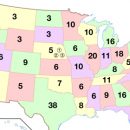

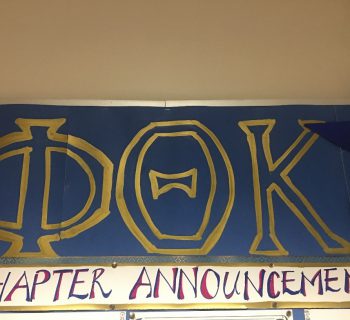
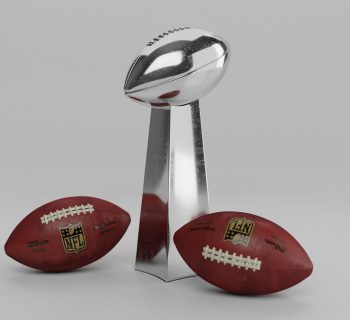




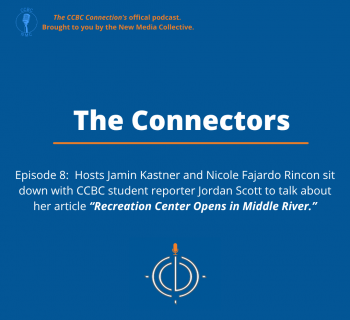

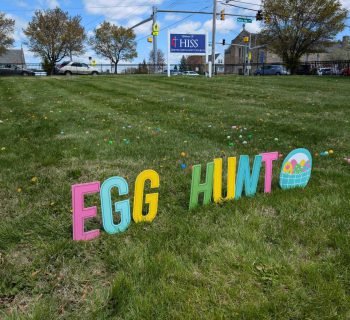
I thought this was an excellent analysis of the movie. I enjoyed reading the article, and appreciated the research that went into this. Zootopia was a great movie, and the underlying issues were brilliantly portrayed. Bryon Howard did an incredible job creating a movie that was suitable for children, and engaging for adults. The issues at hand are important and need to be talked about, especially in a family setting. Overall, this article was an impressive breakdown of an exceptional movie.
You did a great job! The research about the movie and putting in in your own words. I love this movie, it’s actually one of my favorite movies. Officer judy was my favorite character, she didn’t let anyone stop her from becoming a cop. No matter if she’s a woman or not and was raised on a farm. She was brave and moved to pursue her dreams. I like how the movie has the different cities. Me being an animal lover, I love this movie and the message behind it.